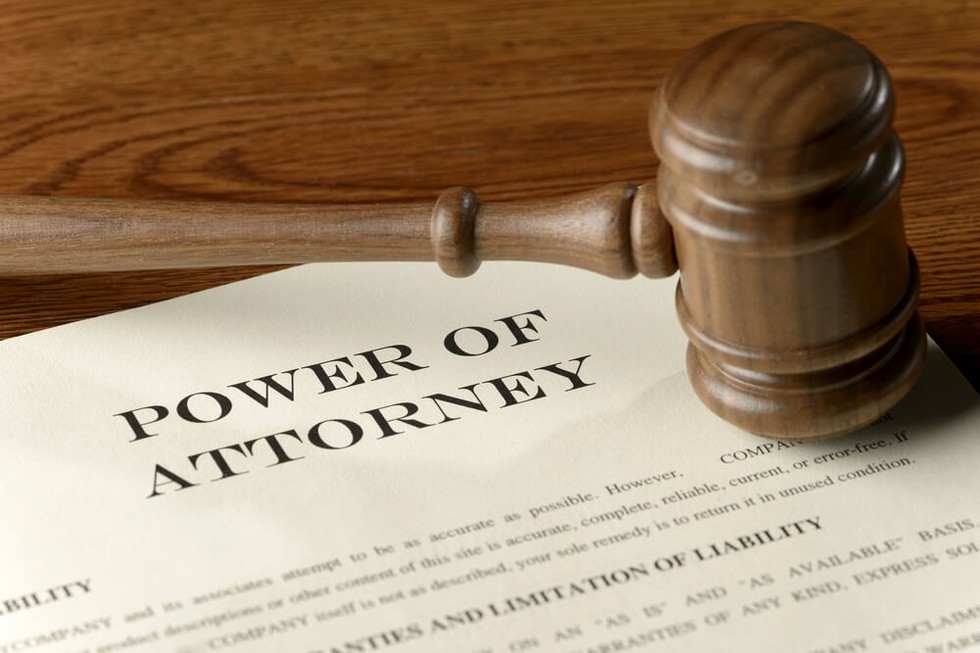About Power of Attorney (POA):
- It is a legal authorization that gives the agent or attorney-in-fact the authority to act on behalf of an individual referred to as the principal.
- It is just a delegation of power by one person to another, who in turn, acts as his agent. There is a principal-agent relationship between them.
- The agent may be given broad or limited authority to make decisions about the principal's property, finances, investments, or medical care, depending on the terms of the POA.
- A POA comes into play in the event that the principal is incapacitated by an illness or disability.
- The agent may also act on behalf of the principal in case the person is not readily available to sign off on financial or legal transactions.
- Types of POA include conventional, also known as a limited power of attorney, durable, which lasts for a lifetime unless you cancel it, springing, which only comes into play for specific events, and medical, also known as a durable power of attorney for healthcare.
- The POA lapses when the creator dies, revokes it, or when it is invalidated by a court of law.
- A POA also ends when the creator divorces a spouse charged with a POA or when an agent is not able to continue carrying out the outlined duties.
